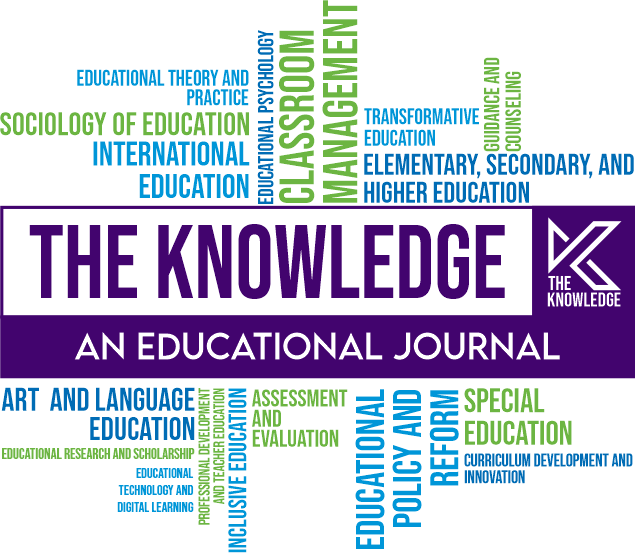Plagiarism Policy
"THE KNOWLEDGE" highlights text overlaps between a submitted manuscript and already published works using Turnitin software. Every now and then, our Editorial Office will send you a similarity report to see whether any phrase is being reused improperly.
The overall percentage of reuse will be calculated and included in the report. Use cautious while dealing with this number. A high percentage merely suggests that there may be plagiarism or repetition, not that it is inherently bad. Examining the report thoroughly is crucial in order to identify the sources and areas in which overlap occurs.
The Journal currently abides by the Turnitin Originality Report and Plagiarism rules set forth by HEC (Pakistan). The policy on plagiarism is zero tolerance. Our goal is to have an original script with a Turnitin Originality Report of 19% or below.
Things you should consider:
- What kind of overlap there is: Do the similarities occur in blocks or in fragments? Are entire paragraphs or sentences plagiarized from earlier works?
- The location of the overlap: It's possible to argue that repetition of the discussion or conclusions is more important than repetition of background information in the introduction or standard procedures.
- Data replication: If proper citation is not given, this is nearly never acceptable.
- Reference: Was the text overlap's original source mentioned and discussed?
- Authorship: Did any or all of the authors of the journal submission write the source? If so, rather than plagiarism, the issue may be with copyright or redundant publication. If those sources are cited, some overlap is permitted, such as with the authors' own preprint or thesis.
- Could the software have miscalculated the similarity, e.g. by including large chunks of text that are properly contained within quotation marks or by flagging similarities in the references?
You can ask the authors to revise portions of their paper and provide any missing references before it is submitted for peer review if you think the degree of similarity needs to be addressed. It's possible that you believe the work should be rejected because it is too heavily plagiarized to be further examined.





